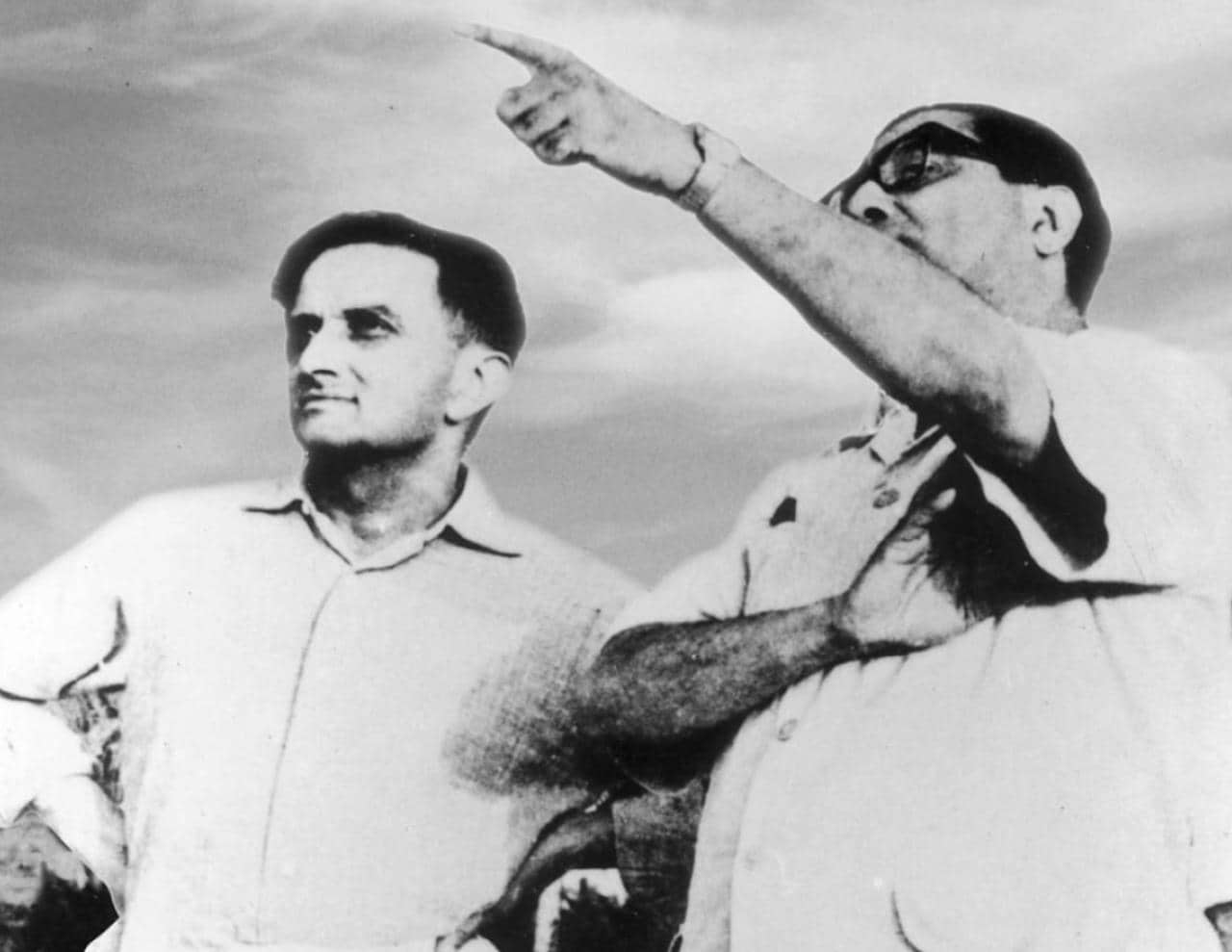BRANCH: MECHANICAL
27213-27216 DATABASE MANAGEMENT SYSTEMS (AS PER NEW SYLLABUS OF MUMBAI UNIVERSITY)
By GUPTA, G.K.
CHENNAI/McGRAW-HILL/2018
005.74 GUP
27217-27218 KINEMATICS AND DYNAMICS OF MACHINERY
By NORTON, ROBERT L.
CHENNAI/McGRAW-HILL EDUCATION/2009
621.8 NOR
27219 INDUSTRIAL ELECTRONICS AND CONTROL
By BHATTACHARYA, S.K/CHATTERJEE, S.
CHENNAI/McGRAW-HILL INDIA/1995
621.3815287 BHA/CHA
27227 ENGINEERING FLUID MECHANICS
By KUMAR, K.L.
NEW DELHI/EURASIA/2016
620.106 KUM
27228 MECHANICS OF FLUIDS-3rd. ed.
By SHAMES, IRVING H.
NEW DELHI/MCGRAW HILL/2014
620.106 SHA
27229-27230 THEORY OF MACHINES AND MECHANISMS-25th. ed.
By BALLANEY, P.L.
NEW DELHI/KHANNA/2018
621.8 BAL
27238-27239 MECHANICS OF MATERIALS-2nd. ed.
By GERE, JAMES M./TIMOSHENKO, STEPHEN P.
NEW DELHI/CBS/2004
620.1123 GER/TIM
27240 ELEMENTS OF STRENGTH OF MATERIALS-5th. ed.
By TIMOSHENKO, S.P./YOUNG, D.H.
NEW DELHI/AFFILIATED EAST-WEST PRESS/2019
620.112 TIM/YOU
2724127245 ELEMENTS OF WORKSHOP TECHNOLOGY: MACHINE TOOLS-15th. ed.Vol.No.2
By CHOUDHURY, S.K. HAJRA/BOSE, S.K./CHOUDHURY, A.K.HAJRA/ROY, NIRJHAR
MUMBAI/MEDIA/1964
621.9 CHO/BOS
2724627247 MANUFACTURING TECHNOLOGY: FOUNDRY, FORMING AND WELDING-5th. ed.Vol.No.1
By RAO, P.N.
CHENNAI/McGRAW-HILL EDUCATION/2019
670 RAO
BRANCH: ELECTRONICS AND TELECOMMUNICATIONS
27220 MICROWAVES-2nd. ed.
By GUPTA, K.C.
NEW DELHI/NEW AGE/2012
621.3813 GUP
27221 MICROWAVE ENGINEERING-3rd. ed.
By DAS, ANNAPURNA/DAS, SISIR K.
NEW DELHI/McGRAW-HILL EDUCATION/2015
621.3813 DAS/DAS
BRANCH: ELECTRICAL
27222-27226 FUNDAMENTALS OF DIGITAL CIRCUITS-4th. ed.
By ANANDKUMAR, A.
DELHI/PHI LEARNING/2018 [Issued]
621.395 ANA
27231-27232 NETWORK ANALYSIS
By VALKENBURG, M.E.
UTTAR PRADESH/PEARSON INDIA/2019
621.3192 VAL
BRANCH: INFORMATION TECHNOLOGY
27233-27237 COGNITIVE COMPUTING AND BIG DATA ANALYSIS
By HURWITZ, JUDITH S./KAUFMAN, MARCIA/BOWLES, ADRIAN
INDIANAPOLIS/JOHN WILEY/2015
006.3 HUR/KAU
BRANCH: COMPUTERS
27248-27267 DIGITAL SIGNAL PROCESSING-2nd. ed.
By ANAND KUMAR, A.
DELHI/PHI LEARNING/2016
621.3822 ANA
27213-27216 DATABASE MANAGEMENT SYSTEMS (AS PER NEW SYLLABUS OF MUMBAI UNIVERSITY)
By GUPTA, G.K.
CHENNAI/McGRAW-HILL/2018
005.74 GUP
27217-27218 KINEMATICS AND DYNAMICS OF MACHINERY
By NORTON, ROBERT L.
CHENNAI/McGRAW-HILL EDUCATION/2009
621.8 NOR
27219 INDUSTRIAL ELECTRONICS AND CONTROL
By BHATTACHARYA, S.K/CHATTERJEE, S.
CHENNAI/McGRAW-HILL INDIA/1995
621.3815287 BHA/CHA
27227 ENGINEERING FLUID MECHANICS
By KUMAR, K.L.
NEW DELHI/EURASIA/2016
620.106 KUM
27228 MECHANICS OF FLUIDS-3rd. ed.
By SHAMES, IRVING H.
NEW DELHI/MCGRAW HILL/2014
620.106 SHA
27229-27230 THEORY OF MACHINES AND MECHANISMS-25th. ed.
By BALLANEY, P.L.
NEW DELHI/KHANNA/2018
621.8 BAL
27238-27239 MECHANICS OF MATERIALS-2nd. ed.
By GERE, JAMES M./TIMOSHENKO, STEPHEN P.
NEW DELHI/CBS/2004
620.1123 GER/TIM
27240 ELEMENTS OF STRENGTH OF MATERIALS-5th. ed.
By TIMOSHENKO, S.P./YOUNG, D.H.
NEW DELHI/AFFILIATED EAST-WEST PRESS/2019
620.112 TIM/YOU
2724127245 ELEMENTS OF WORKSHOP TECHNOLOGY: MACHINE TOOLS-15th. ed.Vol.No.2
By CHOUDHURY, S.K. HAJRA/BOSE, S.K./CHOUDHURY, A.K.HAJRA/ROY, NIRJHAR
MUMBAI/MEDIA/1964
621.9 CHO/BOS
2724627247 MANUFACTURING TECHNOLOGY: FOUNDRY, FORMING AND WELDING-5th. ed.Vol.No.1
By RAO, P.N.
CHENNAI/McGRAW-HILL EDUCATION/2019
670 RAO
BRANCH: ELECTRONICS AND TELECOMMUNICATIONS
27220 MICROWAVES-2nd. ed.
By GUPTA, K.C.
NEW DELHI/NEW AGE/2012
621.3813 GUP
27221 MICROWAVE ENGINEERING-3rd. ed.
By DAS, ANNAPURNA/DAS, SISIR K.
NEW DELHI/McGRAW-HILL EDUCATION/2015
621.3813 DAS/DAS
BRANCH: ELECTRICAL
27222-27226 FUNDAMENTALS OF DIGITAL CIRCUITS-4th. ed.
By ANANDKUMAR, A.
DELHI/PHI LEARNING/2018 [Issued]
621.395 ANA
27231-27232 NETWORK ANALYSIS
By VALKENBURG, M.E.
UTTAR PRADESH/PEARSON INDIA/2019
621.3192 VAL
BRANCH: INFORMATION TECHNOLOGY
27233-27237 COGNITIVE COMPUTING AND BIG DATA ANALYSIS
By HURWITZ, JUDITH S./KAUFMAN, MARCIA/BOWLES, ADRIAN
INDIANAPOLIS/JOHN WILEY/2015
006.3 HUR/KAU
BRANCH: COMPUTERS
27248-27267 DIGITAL SIGNAL PROCESSING-2nd. ed.
By ANAND KUMAR, A.
DELHI/PHI LEARNING/2016
621.3822 ANA



